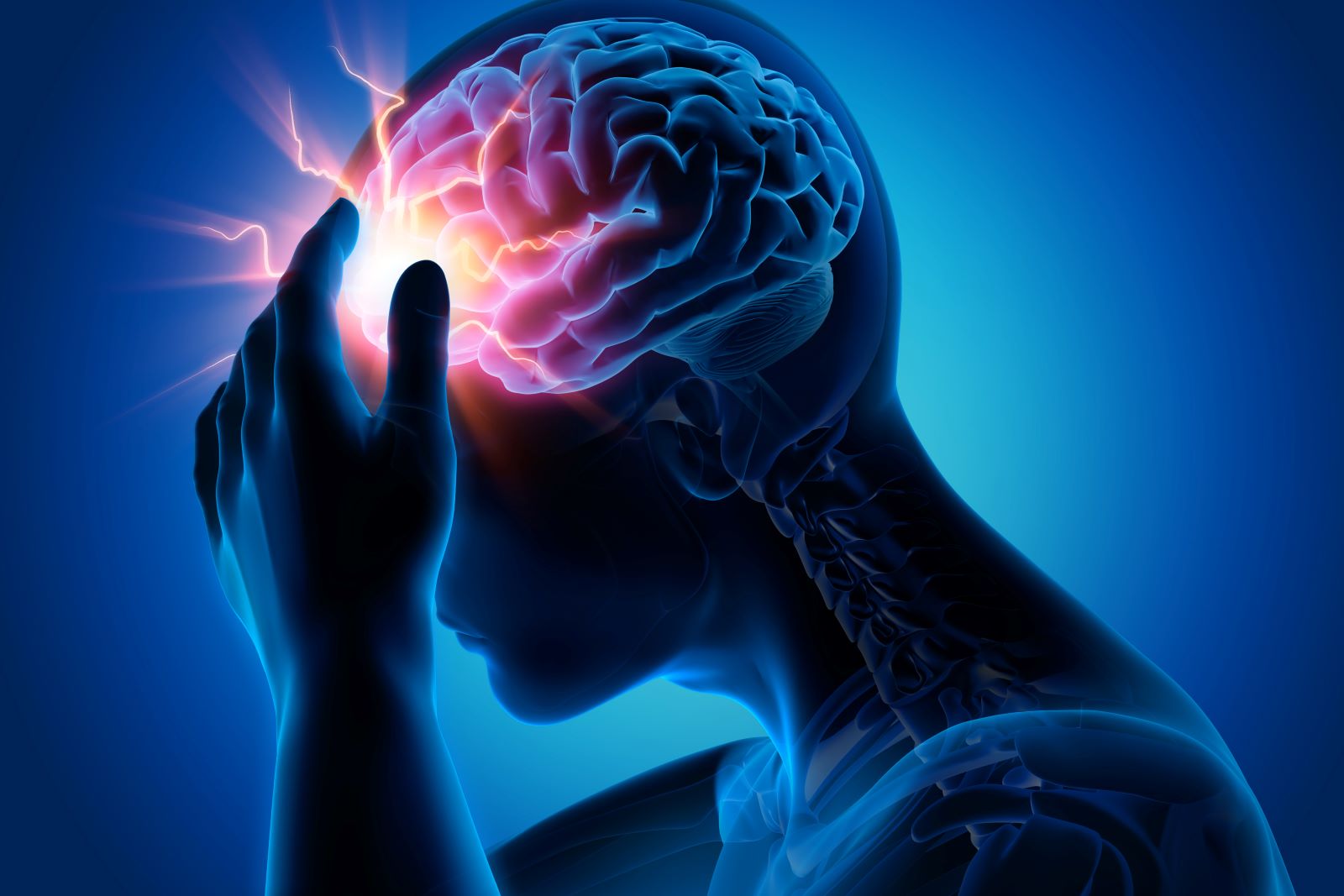<< Back
Tracking Athlete Brain Health: Subconcussive Hits

July 05, 2023
It just takes a split second for an athlete to fall, collide with another player or get hit with a ball, puck or lacrosse stick and suffer a head injury.
Even if injuries aren’t so serious, brain health experts believe they add to cumulative trauma that could affect athletes more over time.
“Research shows the more head hits players suffer, even lighter ones we call ‘subconcussive,’ there is a possibility they could have cognitive or neurologic trouble later in life,” says Stephanie Alessi-LaRosa, MD, director of the Sports Neurology Program at the Hartford HealthCare Ayer Neuroscience Institute. “The real problem is that subconcussive hits are not detected as there are no symptoms associated with them.”
How do minor head hits add up?
Every hit to the head is now thought to be absorbed by the brain. In concussions, the brain shifts inside the skull causing symptoms like headache, nausea, dizziness and confusion.
“While not every blow causes a concussion, it still affects the brain and can cause functional changes,” Dr. Alessi-LaRosa explains.
Subconcussive hits have no symptoms so people don’t consider them dangerous, even though the latest research links them to the potential for cumulative damage. The largest and most recent research study examined the number and magnitude of head hits measured by sensors in football players’ helmets. Their results show the cumulative effect of head hits increase a player’s chance of chronic traumatic encephalopathy (CTE), a post-mortem diagnosis linked to, but not proven a cause of, memory loss, impulsive behavior, depression and suicidal thoughts. Players absorbing the greatest cumulative force had the most severe form of CTE.
Which football players have more head hits?
By position, the research showed players suffering the most cumulative subconcussive hits, in order, are:
- Defensive lineman
- Defensive back
- Linebacker
- Offensive line
- Quarterback
- Running back
- Tight end
- Wide receiver
How can players track their brain health?
Neurologic Monitoring for Athletes, a new service in the Sports Neurology Program, helps players and parents understand a sport’s effects on their brain by creating a baseline assessment and following up annually.
“Brain health should be as much a concern of healthy athletes and their parents as muscle tone and nutrition,” Dr. Alessi-LaRosa says. “I see so many injured athletes who don’t know what their brain health was like before the injury. If there are untreated issues, it can complicate and prolong the recovery from a concussion.”
Can athletes maximize their brain health?
The annual exams will help any competitive athlete understand their brain health and improve their performance, Dr. Alessi-LaRosa explains. Athletes must be 12 and older.
The non-invasive exam, conducted during the off-season for best results, include:
- Comprehensive neurologic history and family history
- Neurologic physical exam
- Cognitive testing by Dr. Alessi-LaRosa instead of computers or devices. This approach, she says, provides more clinical, reliable and individualized results.
- Evaluation of any neurologic symptoms or concerns.
- Expert insight into your routine to improve performance.
Through the testing, Dr. Alessi-LaRosa assesses such physical and cognitive skills as:
- Balance
- Memory
- Eye movements
Test results helps establish a brain function baseline she can use for comparison in annual follow-up appointments or in case of suspected concussion.
“Neurologic problems don’t always happen after one injury. The damage can build up over time. If we have a baseline for comparison, we’ll be able to pick up the slightest changes at a time when they will be easier and more effective to address to support safe participation in sports,” she says.